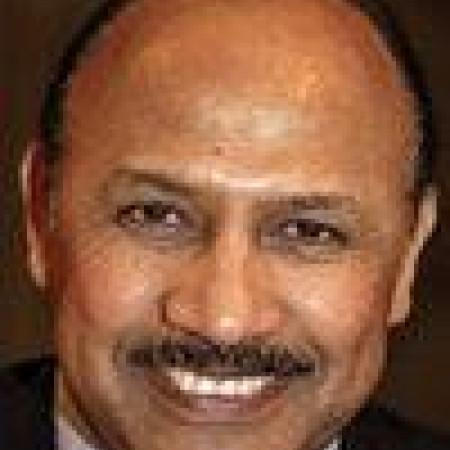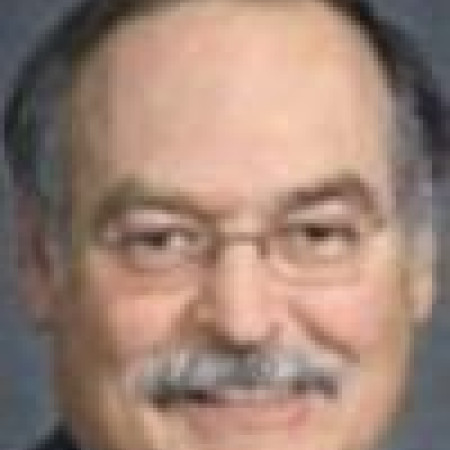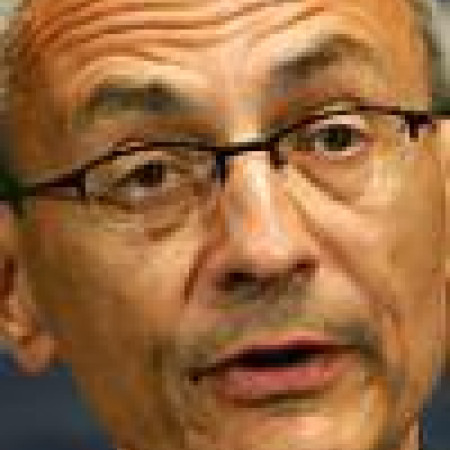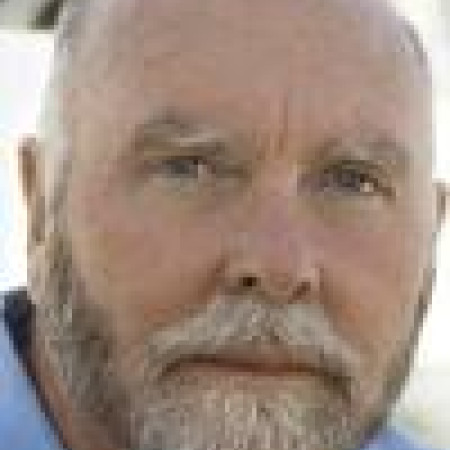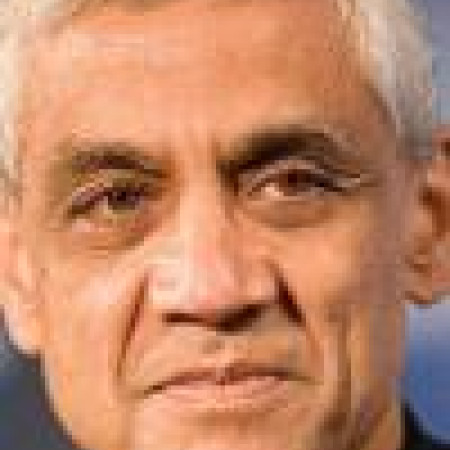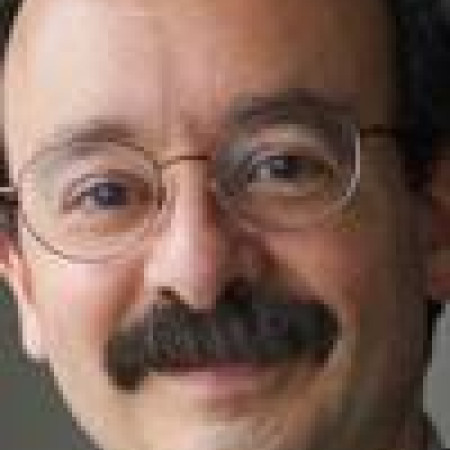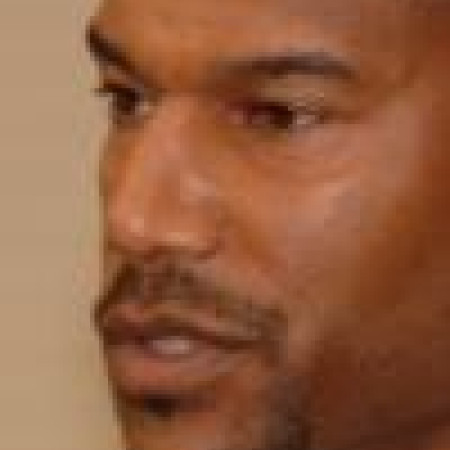Rolf Papsdorf - Providing Environmental Sustainability Solutions
The unique advantages of zinc air fuel cells have been harnessed as an environmental sustainability measure to deliver reliable, renewable, and affordable electricity to rural communities off the grid. In this audio interview, Stanford Center for Social Innovation correspondent Sheela Sethuraman talks with 2009 Tech Award winner Rolf Papsdorf to find out how his company, Alternative Energy Development Corporation, combines sound economics, customer service, and social responsibility to tangibly improve the lives of people around the world.


